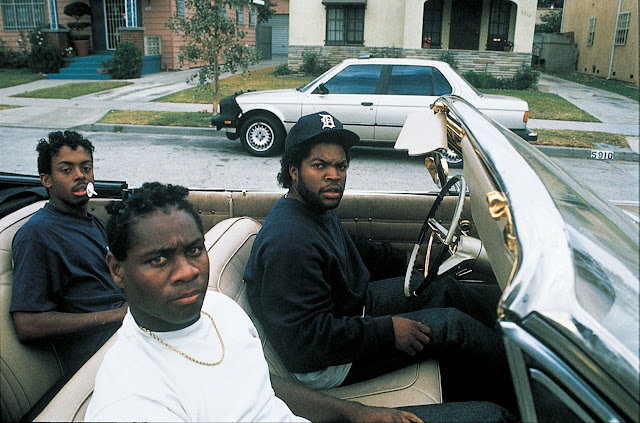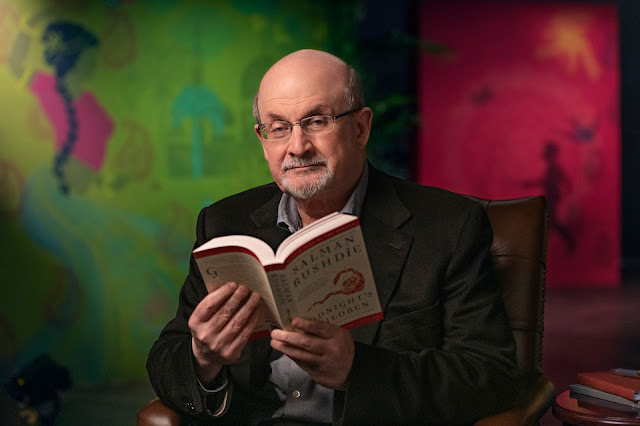Presented, hosted, and sponsored by Foley & Lardner LLP, the firm made significant changes to the production of the events in order to follow current health and safety guidelines. The events were conducted using a live-virtual hybrid approach to help ensure past event continuity and safety for everyone involved.
- Winners of each of the competitions are Dominic Patermo, fifth-grader from Harry C. Withers Elementary in Dallas; Vivianna Serna, fourth-grader from Crespo Elementary in Houston; and Jesudemilade Adediji, fifth-grader from Avalon Park Elementary in Chicago.
Dallas student lists four lessons that would help the world unite
Dominic Patermo, the first-place winner in Dallas, discussed four key lessons from Dr. King that would help unite the world. He talked about living with intention and purpose and knowing your cause. He discussed that change is constant, and it's your reaction that matters. He declared to enlist your allies, even if they are not your best friends. And most importantly, persevere."We need to pursue the truth within ourselves! We need to continue to fight for what is right and have compassion and faith for one another," exclaimed Patermo. He ended the speech by proclaiming, "Our 'Americanness' is not enough. We must be united. Believe. Be real. Be you."
"It was a pleasure watching the students deliver such inspiring messages with the same passion and grace that MLK Jr. himself displayed," said Michael Newman, managing partner of Foley's Dallas office. "I'm incredibly proud of the students, the teams at the Dallas Independent School District, the staff at Foley, and everybody involved in helping make this event come together during these tumultuous times."
- Zoe Frazier, a fourth-grade student from J.P. Starks Math, Science and Technology Vanguard, placed second in the Dallas competition, while fifth-grader Dinastee McKinney of Clara Oliver Elementary took home third place.
Houston fourth-grader reflects on current events and shares words of wisdom
Houston's first-place winner, Vivianna Serna, started her speech with a colorful and vivid memory of when she first experienced racism at six years old, being judged by the color of her brown skin. The student then expressed her concerns with the current social unrest and our worldwide health pandemic, reminding us that Dr. King would want us not to stumble but press on.While reflecting on the world's current trials and tribulations, Vivianna stated, "We must meet forces of hate with the power of love. Dr. King always preached on the power of love." She ended with her strongest belief and a quote from Dr. King himself, "The time is always right to do what is right."
"This year's MLK Jr. oratory competition was a momentous occasion. It was the 25th anniversary of this event in Houston. We're operating in unprecedented times, and the world needs to hear these students' voices now more than ever," said Claude Treece, Foley's chief administrative partner and longtime event chair of the Houston competition. "I'm honored to have witnessed the intelligence and poise from these students. They always inspire me, and I hope they brought optimism to everybody who watched."
- Pahy'tton Williams, a fourth-grade student from Foster Elementary, placed second in the Houston competition, while Jakiyah Bickham, a fourth-grade student from Pleasantville Elementary, took home third place.
Chicago fifth-grader urges to "keep fighting for Dr. King's dream to stay alive."
Chicago's first-place winner Jesudemilade Adediji addressed the audience by reciting Dr. King's famous "I have a dream" speech. His voice booming over the speakers like Dr. King's speech in 1963, Adediji said, "I have a dream today. It is a dream deeply rooted in the American dream. I have a dream that people be created equal."Throughout his speech, Adediji empowered people to continue the great work Dr. King started years ago, ending his speech by noting, "Let's continue to keep the King's dream alive. Let's continue to fight the fight for equality for all. Yes we can, yes we can, yes we can!"
"Despite the challenges of the school year, we're thrilled to have tripled the amount of participating schools in the Chicago competition," said Frank Pasquesi, managing partner of Foley's Chicago office. "The growth of the competition this year is a real testament to the significance of Dr. King's teachings and the enthusiasm and resiliency of these wonderful students who participated. We saw some future leaders, and I'm certain the world is in good hands with voices like theirs."
- Zuri Young, a fifth-grade student from Caldwell Elementary, placed second in the Chicago competition, while fifth-grader Aniyah Hunt of Frank L. Gillespie Elementary took home third place.
- The oratory competition is held in conjunction with Martin Luther King Jr. Day to encourage people to remember and pay tribute to the late civil rights leader's legacy. Foley established the event to encourage students to learn more about Dr. King and to help cultivate the writing and speaking skills of elementary school students.
 |
| Jesudemilade Adediji, fifth-grader from Avalon Park Elementary in Chicago, smiles as he learns he’s won the 2nd Annual Foley & Lardner MLK Jr. Oratory Competition. |













































